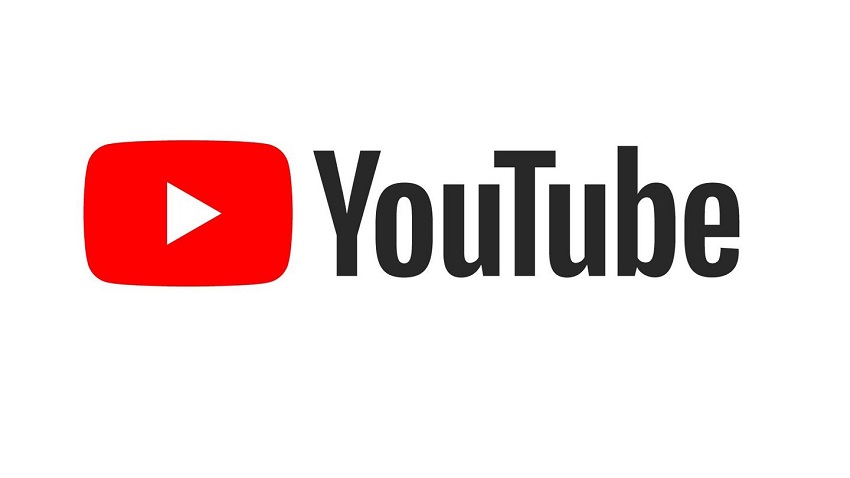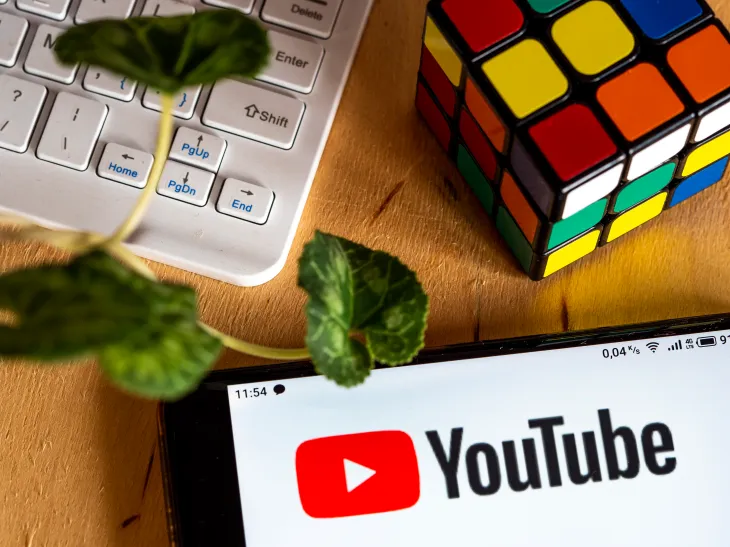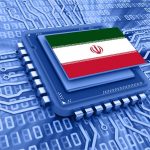The harm of YouTube filtering is not only financial; this restriction can lead to the loss of free educational opportunities and inequality in accessing educational content.
Which environment do you have in mind that can provide access to educational content for everyone, regardless of their country or city of residence, race, gender, or economic class, without the need for a significant amount of time, energy, or travel? Which environment do you have in mind that doesn’t charge for providing educational content alongside all the mentioned features?
YouTube is such a space. It is a familiar and popular platform that offers video content, with over 2.5 billion users worldwide as of 2023, and according to statistics, it is currently the second most popular and user-intensive social network in the world.
Explaining the features and importance of YouTube, and of course, mentioning that this platform is filtered in Iran, is not essential, as there are few who are not familiar with YouTube and do not know that this global platform, like other practical platforms and social networks, is not accessible in Iran unless using a VPN.
But answering the question of why YouTube is filtered likely requires an explanation for those who may not be aware that this platform was blocked in Iran in 2009 following the protests following the presidential election.
It has been more than 14 years since YouTube was banned in the country, and during these years, even some officials of the country have repeatedly called for the unblocking of this platform. Given that YouTube has imposed restrictions on immoral content, many believe that removing the restrictions on this platform cannot pose moral harm to users.
Platforms Get Filtered for Creating Social Unrest but Remain Blocked After Calm Returns
Political Reasons Have Always Been the Primary Driver of Restrictions and Filtering for Foreign Platforms in Iran. Over the past two decades, whenever there have been protests and turbulent days of social and political unrest in the country, a wave of filtering and restrictions on online platforms has occurred. The intensification of restrictions on social networks and websites, alongside intermittent hours-long or days-long internet shutdowns, has been a method of dealing with unrest.
However, the question that even officials, including recent parliamentary representatives, raise is why these platforms remain blocked after the social turmoil subsides.
This question was last raised by Lotfollah Siahkali, a member of parliament, in a session discussing the state of the internet with the presence of the Minister of Communications. He criticized the continued filtering of platforms such as YouTube, Google Play, and Twitter.
Zarepour, in response to this criticism, explained, ‘We at the Ministry of Communications are ready to cooperate with the National Center for Cyberspace and prepare a list of services that do not pose a national security threat, including the names that friends have mentioned (YouTube, Twitter, and Google Play), so we can unblock them.’
In this statement, Zarepour referred to ‘services that do not pose a national security threat,’ indicating that some of these platforms were filtered years ago under the assumption that they could be a security threat to the country, but now they may not have such an impact.
However, the Minister of Communications had previously explicitly stated that there should be a reconsideration regarding some platforms that were filtered years ago:
‘We are trying to address some of the restrictions that can be lifted, which have been limited for reasons that may have now disappeared, to reduce the people’s need for circumvention tools.’
Although Zarepour did not specifically mention a particular platform, many believed that his reference was to platforms like YouTube, which were filtered a decade or so ago. However, the continued filtering of Google Play, despite the efforts mentioned by Zarepour on the part of the Ministry of Communications, indicates that responsible authorities, including the Minister of Communications and some members of parliament, do not necessarily agree on the removal of filtering from platforms such as YouTube, Google Play, and others.
YouTube: An Academic Resource Not Accessible to Everyone
Emphasizing that YouTube is a valuable and enlightening platform that can serve as an educational institution for users and help them learn as they should. According to recent official reports, the educational function of YouTube seems to have been accepted by the censors because a member of the parliamentary oversight committee on determining the criteria for criminal content has stated that this committee has ‘allowed the Ministry of Science and all institutions that require access to YouTube to have unrestricted access to this platform, with the acceptance of responsibility.’
“Today, you cannot find any merchant, economic activist, scientist, researcher, or university professor who needs access to this site, requests it, and faces any access problems through relevant institutions such as the Ministry of Science.”
Mehdi Bagheri, a member of the parliamentary oversight committee on determining the criteria for criminal content subsidies
Therefore, the inherent right of access to this platform, which has been denied to the general users, has been restricted to a limited section. In this way, a platform that the member of the parliamentary oversight committee in the criteria-setting working group considers ‘a base for educational issues’ has become one of the examples of implementing a tiered internet plan, undermining equality and equal access for users.
YouTube, as a valuable educational resource, has become inaccessible to the majority of citizens, depriving them of the opportunity for free education, regardless of the cost of internet access. In a country where the economy experienced an inflation rate of 45.8% in 1401 (Persian calendar year), expenses and the cost of living have multiplied several times. Naturally, the field of education has not been immune to significant price increases. Access to free education can provide an opportunity for learning and growth for those who cannot afford the expenses of attending classes or acquiring skills and knowledge.
YouTube Can Be a Platform for Achieving Educational Equity
In addition, one of the advantages of the Internet and its platforms is that they provide almost equal opportunities for access. Although the level of Internet access varies depending on the situation in your country, educational equity on the Internet is generally higher compared to physical spaces.
Certainly, the level of Internet access varies in different parts of the country, and not everyone can afford the expenses of Internet access. However, these costs are generally lower compared to the expenses of attending courses and workshops today, especially considering the significant inflation rate experienced in the country. Access to diverse and free educational content can be a good opportunity for learning and skill development for those who cannot afford the costs of attending courses, classes, and workshops due to economic difficulties.
However, this opportunity is completely lost for some due to YouTube’s filtering, and others face heavier costs and more restrictions. In addition to the costs imposed on users for using VPN, access to this platform has become more difficult, accompanied by difficulties such as disruptions, slow internet speeds, disconnections, and low-quality images. These conditions not only reduce the quality of education but also demotivate users from learning.
Just as many of us sometimes refrain from using social networks due to not having access to a quality, fast, and secure VPN or because of the drop in internet speed and quality when using VPN, the use of YouTube and the use of educational content on this platform becomes challenging when it comes with various disruptions and slowness.
This issue raises the demand for the removal of the filter and the lifting of the long-standing restrictions on YouTube. Given that a member of the parliamentary monitoring committee on determining the criteria for criminal content has said, ‘Some internet platforms like YouTube were blocked at one point and were not unblocked; for these platforms to be unblocked, an institution must request it,’ we must see if the Ministry of Communications or another institution is taking steps to remove the restrictions on this platform or not.





No Comment! Be the first one.